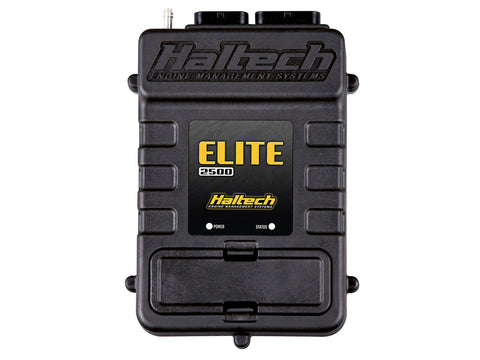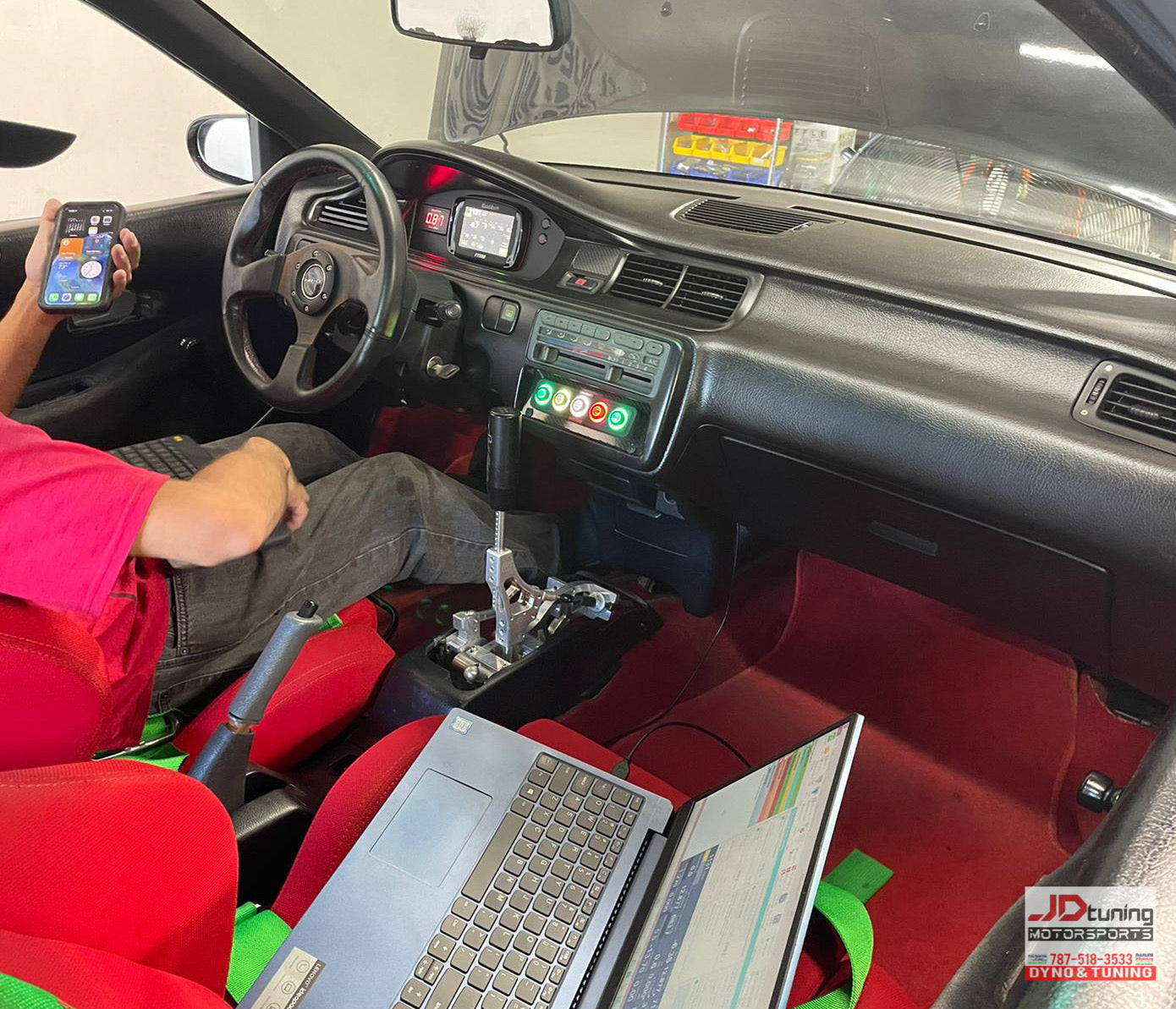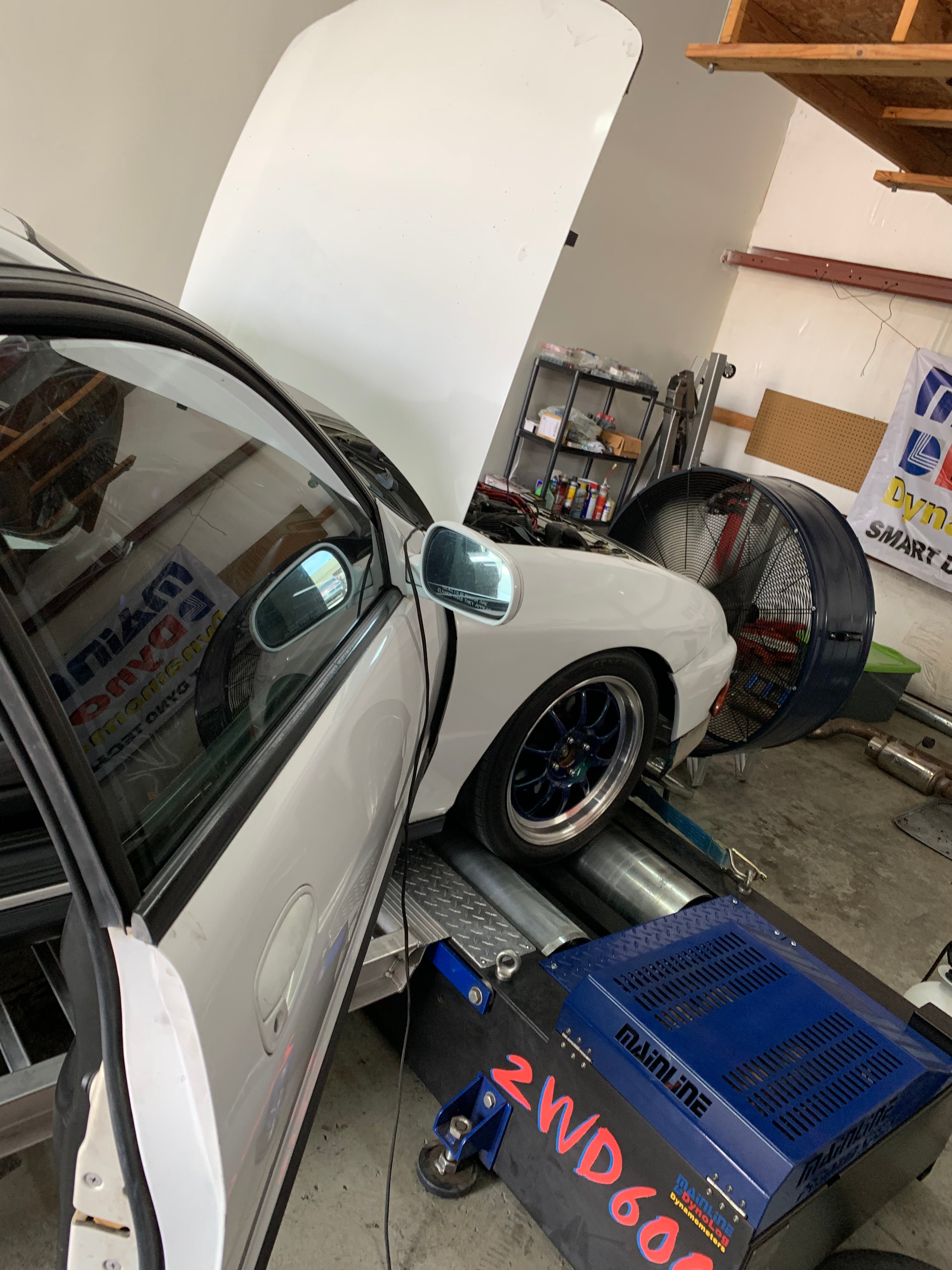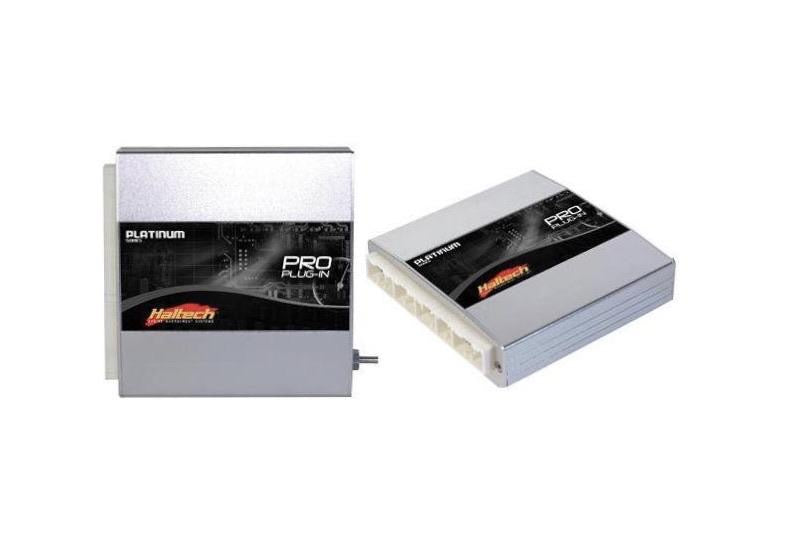If you're a car enthusiast looking to get the most out of your vehicle, consider upgrading the engine control unit (ECU). The ECU is a computer that manages and controls various systems and functions in a vehicle, including the engine, transmission, and emissions. You can improve your car's overall performance and efficiency by upgrading the ECU.

Before diving into upgrading your ECU, it's important to have a precise understanding of what you hope to achieve. Do you want more power with better fuel efficiency? Do you want just to drive the car with better response, improved fuel economy? Do you want to have a car with OEM working functions while being tuned? This will help you determine the right ECU for your needs. Some ECUs are designed specifically for racing while there’s some others that offers better integration for daily driven vehicles. You'll also want to consider compatibility with your vehicle, as well as the performance capabilities of the ECU.

Once you've identified the right ECU for your car, the next step is to have it installed properly. This typically involves removing and replacing the existing ECU with the new one. This process may be straightforward or more complex, depending on your vehicle and the computer that you decide. It's important to follow the manufacturer's instructions carefully and to use the proper tools to ensure a successful installation, while there is some plug and play options not everyone is plug and play and may require harness building. If you're not comfortable doing the installation yourself, it's best to have a professional mechanic handle it for you.

In addition to the installation process, there are a few other things to consider when upgrading your ECU. One of the most important is the impact on your vehicle's warranty. Some automakers have policies that void the warranty if modifications are made to the ECU or other systems. It's worth checking with the manufacturer or a dealership before making any changes to your vehicle to ensure you don't void your warranty.

Finally, it's very important to remember that upgrading your ECU may only sometimes produce the results you're looking for. Other factors could be limiting your car's performance, for example, the engine's condition or the fuel's quality. If you are still looking for the improvements you were hoping for after upgrading your ECU, it may be worth considering other modifications or looking into the other potential causes.
Overall, upgrading your car's ECU can be a great way to improve performance and get more out of your vehicle. Just be sure to research, choose the right ECU, and have it installed properly to ensure the best results.
Need some help selecting the right one for your project? We can help! Send us a message or email.








Comments (0)